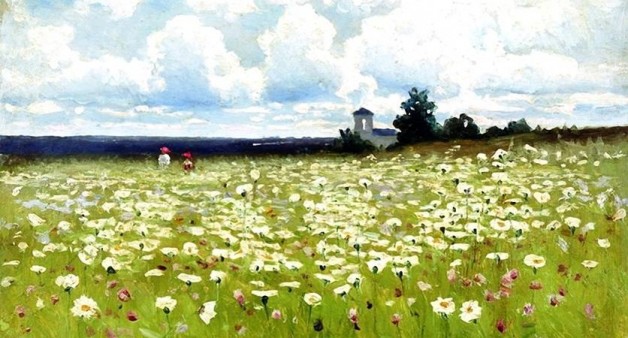Commands don’t get much mileage today. People want affirmation, not admonition. All it takes is one thou-shalt-not (or, for that matter, one thou-shalt) and listeners begin to shut down. Maybe it’s relativism, or secularism, or individualism; maybe it’s all of them, or none of them; but whatever it is, most people don’t like being told what to do.
And yet, there’s one imperative that still attracts universal acceptance: be authentic.
Why is this maxim so widely embraced? Because being authentic means being yourself. It means not trying to be something or someone you’re not. No masks, no show, no pretending. Authenticity cuts straight through the superficial and the vain. It demands honesty with oneself and honesty with others. Since no one wants to be self-deceived, everyone wants to be authentic.
As far as it goes, that’s all right; but it doesn’t go far enough. How to be authentic remains an open question, and it’s one that gets answered in pretty divergent ways.
One possibility centers around the idea of being unique. It makes a strange sort of sense: being authentic is about not being someone you’re not; being unique means you’re different than everyone else; therefore being unique makes you authentic.
Sadly, this all-too-common approach is a recipe for self-loathing and interior conflict. Though it may not be the first thing that jumps out at us, human beings have a lot in common. We all have roots and origins; we’re all bound up in families and relationships and communities; we’re all on the hunt for love and understanding. In fact, human beings have so much in common that it makes radical uniqueness impossible.
Sure, Sally and Sue are very different people, but they’re very different human people. Their shared humanity makes for common ground, and it’s impossible to leave that behind. Who Sally and Sue are is different, but what they are is the same. If Sally wants to maximize her own uniqueness, everything she shares with Sue will only get in the way. What she is becomes a cause for regret, or even resentment.
Clearly, something has gone wrong: authenticity doesn’t make you hate yourself. In place of this broken approach, we need a new explanation of how to be authentic.
Christianity offers us this new vision. Rather than pitting who we are against what we are, the faith affirms that authenticity comes from harmony. It’s only by accepting what we are (something we share in common) that we can become who the Lord has called us to be (someone unique).
Just look at the Saints:
They all acknowledged their humanity, they all admitted their frailty, they all announced their need for forgiveness; every last one of them embraced the cross of Christ, followed the inspiration of the Holy Spirit, and offered his or her life as a sacrifice of praise to the Father. And precisely because they share all this in common, every last one of them is unique.
Every flower needs good soil, water, and sunlight, and yet no two flowers are ever exactly the same. That’s the way it is with us. We all need to root out vice, soak in virtue, and receive the energizing light of grace. When that happens, we become authentically human, authentically Christian, and authentically ourselves. Who we are harmonizes perfectly with what we are—Saints in full bloom.
✠
Image: Efim Volkov, Field of Daisies







